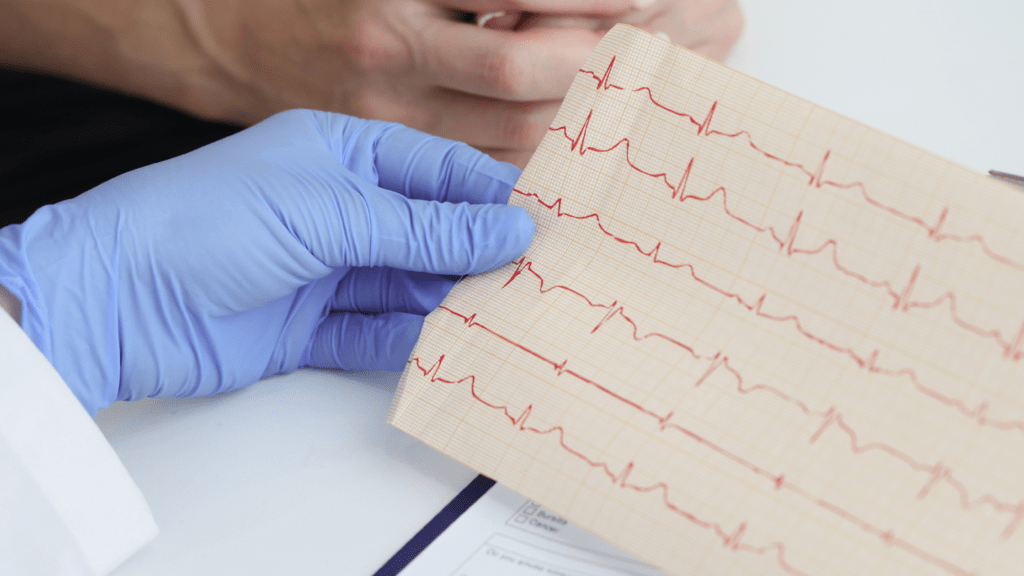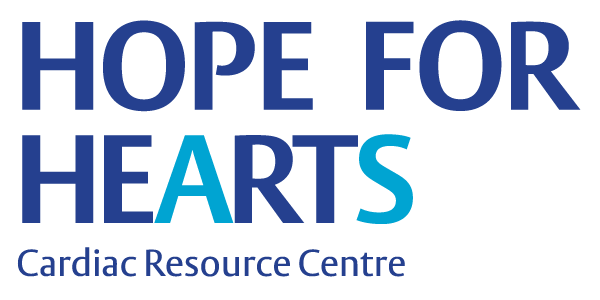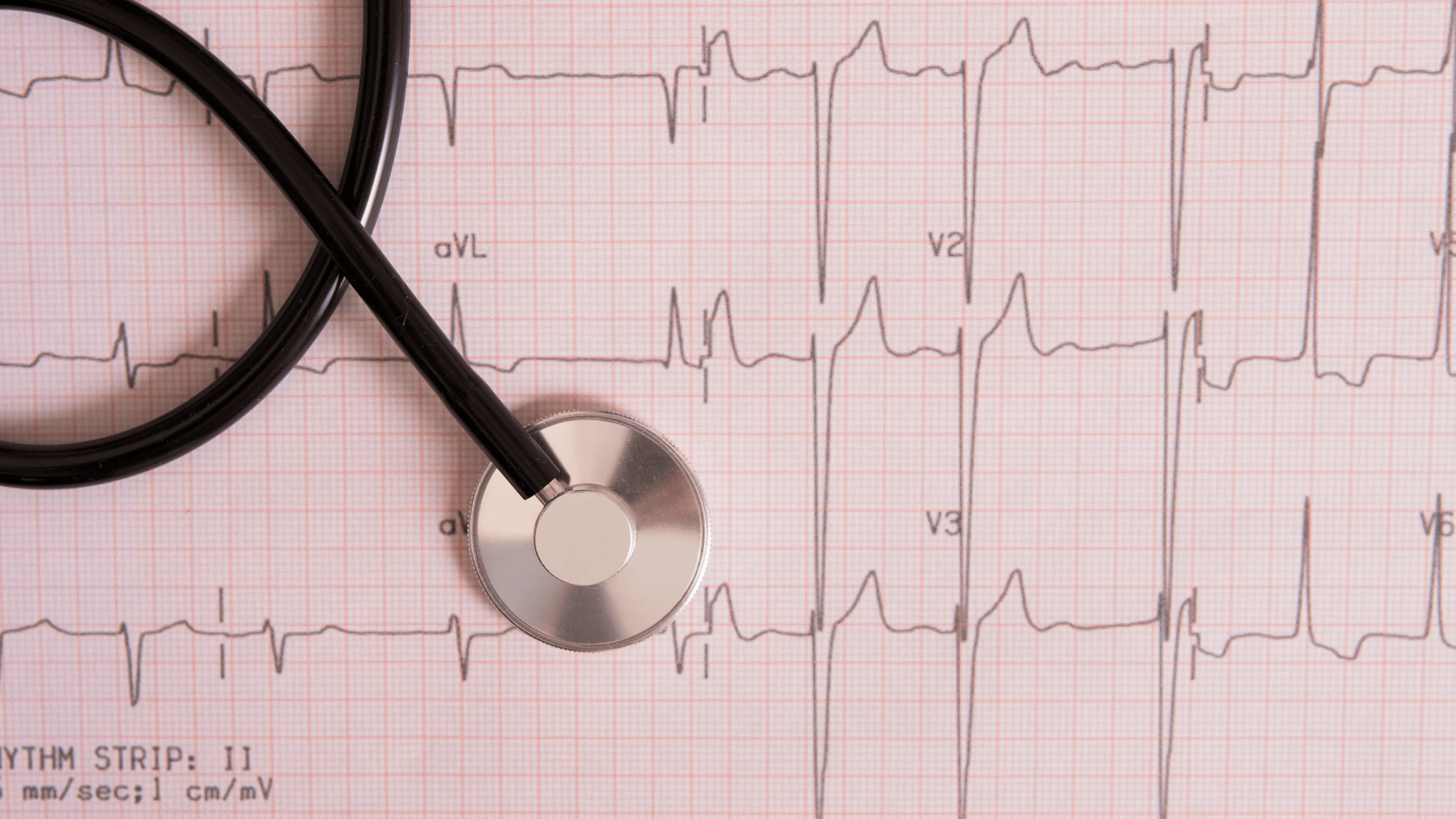This year, from the 5-11th of June, we recognise World Heart Rhythm Week, a week-long event dedicated to raising awareness of arrhythmias through the 2023 theme, ‘Take Fainting to Heart’. 1
Arrhythmias are a form of heart condition that cause an abnormal heart rhythm, leading to serious health complications. Even those with healthy hearts can experience arrhythmias, and it is crucial that both healthcare professionals and the wider community remain knowledgeable and informed regarding this condition.
What are arrhythmias?
Arrhythmias are defined as an irregular heartbeat, either in the rhythm or rate of the heartbeat. They can occur in the heart’s atria and/or ventricles and range from harmless or annoying to potentially life-threatening.
An arrhythmia can present in many ways, highlighting the importance of regular check-ups and monitoring for those at risk. These include:
Supraventricular tachycardia: A rapid heart rate originating above the ventricles.
Heart block: A delay or interruption in the electrical signals between the atria and ventricles.
Atrial fibrillation: An irregular heartbeat in the upper chambers of the heart.
Ventricular fibrillation: A life-threatening arrhythmia that causes the heart’s lower chambers to quiver and fail to pump blood effectively. 2
Common arrhythmias symptoms may include palpitations, irregular heartbeat, chest discomfort, shortness of breath, dizziness, fainting, and fatigue. However, not everyone with arrhythmias may experience symptoms, and some may overlap with other conditions, making diagnosis challenging. It is essential to seek medical attention if you experience any of these symptoms or have a history of heart disease, high blood pressure, or other risk factors for arrhythmias. 3

How are arrhythmias caused?
Arrhythmias can be caused by a variety of lifestyle factors, such as excessive alcohol consumption, tobacco use, and drug abuse.
Other health conditions such as hypertension, diabetes, and heart disease can also increase the risk of developing arrhythmias. Being overweight may also increase the risk of arrhythmia, so maintain a normal weight range.
Triggers for arrhythmias can include stress, caffeine, certain medications, and electrolyte imbalances. Maintaining a healthy lifestyle and managing underlying health conditions can help reduce the risk of arrhythmias. 4
How they can be prevented/managed?
Arrhythmias can be managed through various approaches, including surgery, medication, and lifestyle changes. It is important to work with a healthcare provider to determine the most appropriate approach for managing and preventing arrhythmias.
Surgical interventions: Such as catheter ablation and implantable devices like pacemakers and defibrillators, may be used to correct certain types of arrhythmias.
Medications: Such as beta-blockers, calcium channel blockers, and anti-arrhythmic drugs can also be used to control heart rhythm. 5
Lifestyle changes: Such as reducing stress, quitting smoking, limiting alcohol and caffeine intake, and maintaining a healthy weight and diet can help prevent arrhythmias from occurring or recurring. 6
The unknowns of arrhythmias
Causes: While some arrhythmias can be linked to existing heart conditions/genetics, the causes of many remain unknown.
Diagnosis: Existing diagnosis methods aren’t always practical. Difficult to diagnose when occurring infrequently and unpredictably.
Treatment: The effectiveness of medications/procedures can vary significantly between individuals and the severity of the arrhythmia.
Long-term effects: While many arrhythmias are benign, many can lead to serious health complications such as stroke/heart failure and significantly impact the quality of life for patients and their families. However, many of the long-term effects of arrhythmias remain unknown.
Prevention: There are few risk factors known for arrhythmias, such as smoking/excessive alcohol consumption. Preventing arrhythmias from developing altogether is still being explored.

Understanding and recognising arrhythmias is crucial for maintaining heart health and preventing serious complications. It is essential to recognise the symptoms of arrhythmias and seek prompt evaluation and treatment by a healthcare provider. Lifestyle modifications, medication, and surgical interventions may be used to manage and prevent arrhythmias, depending on the type and severity of the condition. By working with a healthcare provider and taking steps to reduce risk factors, individuals can actively promote heart health and prevent arrhythmias.
Disclaimer This information is general and not conclusive. Follow any guidelines and advice from your doctor or specialist, health care, or multidisciplinary team, for your personalised patient-centred needs and care. Inquire about a patient advocate group regarding your specific needs. Call 000 if you are experiencing chest pain.
To find a GP or a Cardiologist near you, visit www.hopeforhearts.com.au
Connect the Docs www.connectthedocs.com.au is a medical marketing agency specialising in therapy awareness campaigns, educating medical professionals and patients about common conditions.

